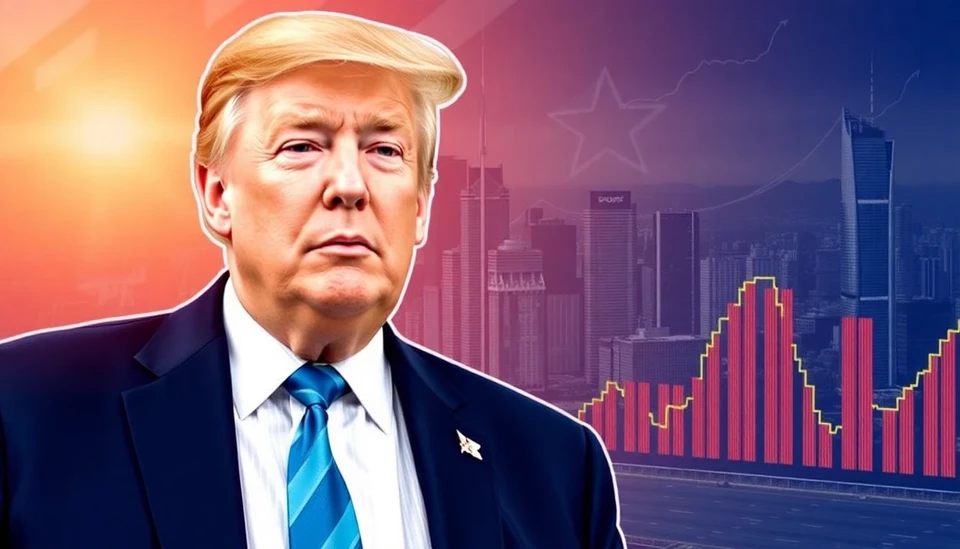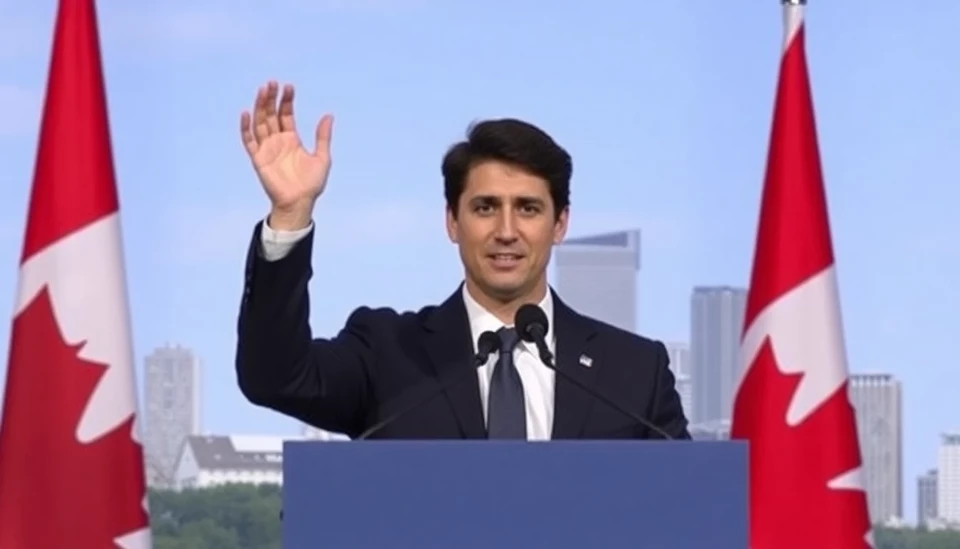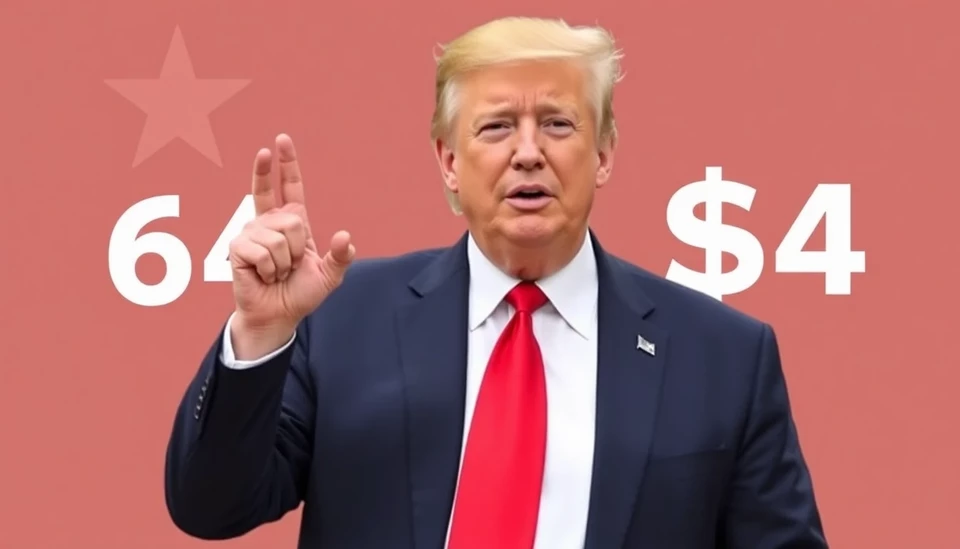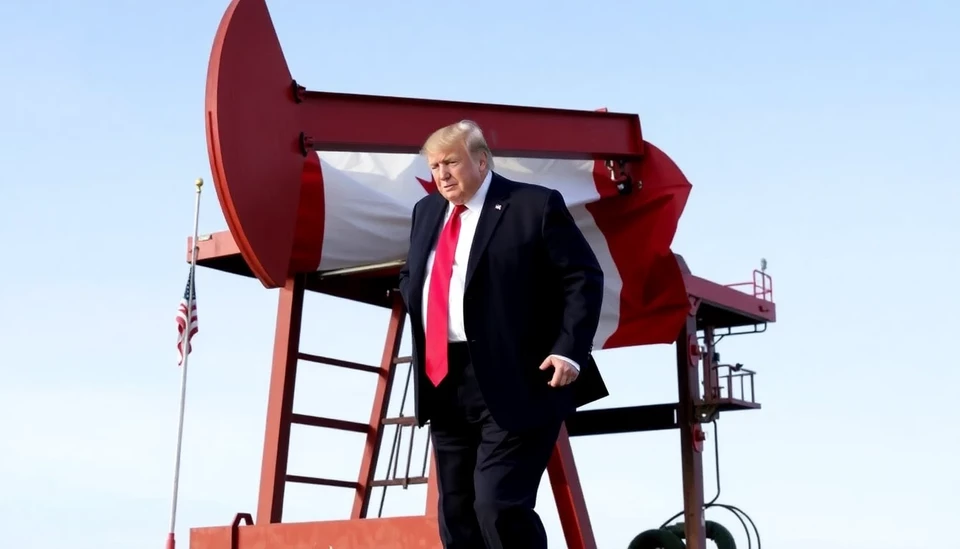
In a recent analysis, officials from the Reserve Bank of Australia (RBA) have expressed serious concerns regarding the potential reintroduction of tariffs on Chinese goods by former President Donald Trump. This development could have significant repercussions for Australia’s economy, especially considering its close trade ties with China. The anticipated policies could further complicate Australia's trade dynamics, which are already under pressure from changing global economics.
RBA representatives indicated that the tariffs could lead to higher costs for Australian consumers and businesses, as increased import prices from China could diminish the affordability of various goods and ultimately impact inflation rates. This situation might force the RBA to reassess its monetary policies in response to the economic shifts prompted by these potential tariffs.
Australia's economic landscape, heavily reliant on trade with China, stands to suffer from the ripple effects of any renewed tariffs. Experts argue that any disruption in the trade flow will not only impact direct imports but could also extend to various sectors, hindering growth and economic stability.
The implications of Trump’s tariff policies on China go beyond Australia's borders. The potential trade hostilities could spark uncertainty in the broader Asia-Pacific region and possibly lead to escalating tensions in international trade relations. RBA officials are closely monitoring these developments and considering their impact on the Australian financial system.
Furthermore, should these tariffs be implemented, they could encourage other countries to adopt similar protectionist measures, which may create a fragmented global trading system. Such moves would exacerbate existing challenges faced by economies that depend on balanced international trade, potentially leading to a downward spiral of economic diplomacy.
As the economic landscape evolves, RBA officials reaffirm the importance of continued engagement and cooperation with trading partners. They are advocating for a balanced approach to trade that fosters growth while remaining vigilant to any adverse shifts resulting from unilateral tariff policies.
With the stakes high, Australian businesses and policymakers will need to prepare for possible changes in the bilateral trade dynamics with China should these tariffs come into effect. The focus will likely shift towards strategic adaptations to mitigate the potential fallout from this unfolding situation.
As developments progress on this issue, the RBA continues to emphasize the importance of economic resilience amidst uncertainty in global trade. Observers are urged to keep a close watch on the outcomes of any policy decisions and their far-reaching implications for Australia’s economic future.
In conclusion, the situation remains fluid, and the potential for significant economic disruption is palpable. Stakeholders from all economic sectors will need to remain alert to the developments concerning U.S. economic policy and its ripple effects on local and international markets.
#TrumpTariffs #AustraliaEconomy #RBA #TradeRelations #ChinaAustraliaRelations #GlobalEconomy #EconomicPolicy
Author: Daniel Foster




